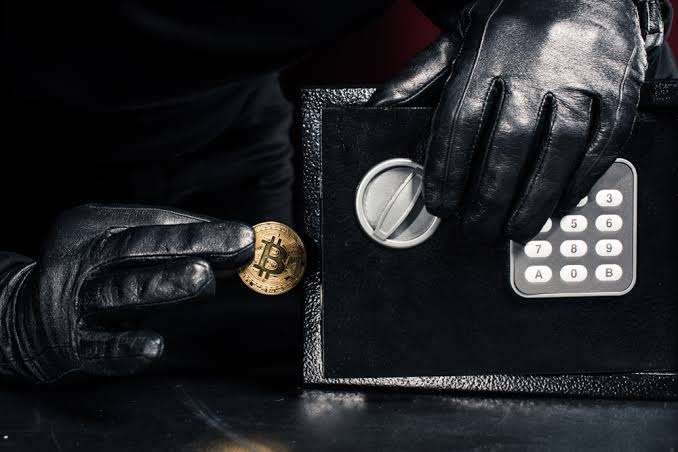
The rise of cryptocurrencies has revolutionized finance, offering a decentralized way to store and transfer wealth. However, with that freedom comes an increased risk of asset loss due to hacking, accidental deletion, forgotten keys, or falling victim to scams. The question many people ask is, “Can I recover my lost crypto assets?” Here’s a detailed look at some ways that might help you recover lost crypto and secure your assets better in the future.
Understand the Nature of the Loss
The method of recovery largely depends on how the assets were lost. Some common scenarios include:
Lost Private Keys: Without your private keys, accessing your funds on the blockchain is almost impossible. Since private keys are the only means to access your crypto, losing them means the assets are practically unrecoverable unless you find a backup.
Exchange Hacks or Account Compromises: If you stored your crypto on an exchange and the exchange got hacked, recovery is only possible if the exchange has a policy of refunding users.
Scams and Fraudulent Transactions: Unfortunately, crypto transactions are irreversible. However, you can take steps with law enforcement to pursue the scammer.
Contact Customer Support for Centralized Exchanges
If you’ve lost access to funds held on a centralized exchange like Binance, Coinbase, or Kraken, reach out to the platform’s customer support. Many reputable exchanges have mechanisms to help users recover accounts and funds if it’s due to lost login credentials or two-factor authentication issues. However, if the issue is related to a hack, recovery is less certain and may depend on the platform’s policy.
Explore Blockchain Analysis Tools for Fraud Cases
Blockchain’s transparent nature allows for the tracing of transactions. If you were a victim of fraud, some blockchain analysis firms specialize in tracking crypto movements across wallets. Companies like Chainalysis or Elliptic provide services to trace and track funds that have been stolen or transferred to unknown wallets. While tracing may not guarantee recovery, it can help law enforcement agencies follow leads and potentially freeze stolen assets.
Utilize Crypto Recovery Services
There are professional services that specialize in recovering lost or inaccessible crypto funds. Some use algorithms to crack wallet passwords, while others assist with forensic investigations on blockchain movements.
Remember, however, to approach any recovery service with caution, as the industry has seen the rise of fraudulent “recovery” services that further scam victims.
Seek Legal Support for Scams and Hacked Funds
Crypto-related scams and hacks are unfortunately common, and in many jurisdictions, cryptocurrency theft is now taken seriously. Working with legal professionals who specialize in crypto cases may offer you options for asset recovery or compensation. Law enforcement agencies in several countries, including the FBI in the U.S. and Europol in Europe, have dedicated crypto crime units that investigate larger cases of crypto fraud and theft.
Backup Wallets and Seed Phrases for Future Security
The best way to protect crypto assets is to have secure backups. Here’s how:
Store Seed Phrases Securely: Store your seed phrases (a set of words that act as a backup for your wallet) offline in a secure location, such as a safe.
Use Hardware Wallets: Hardware wallets are physical devices that store private keys offline, making it harder for hackers to gain access to them.
Enable Two-Factor Authentication (2FA): Adding 2FA to any exchange or online wallet account adds an extra layer of security
Final Thoughts
Recovering lost crypto assets is challenging due to the decentralized nature of the blockchain, and, in some cases, it may not be possible. However, by understanding the steps available—from reaching out to exchanges and law enforcement to utilizing blockchain tracing and recovery services—there is still hope for asset recovery. Most importantly, practicing good security habits and understanding the tools available to secure your assets can prevent future losses.